Catch basin material, size, and shape are determined by its intended application. Often made in plastic, many round catch basin options are small and usually found in residential or pool applications. Many square basins – even those on the larger side of the scale – feature optional decorative grating to assist in making an ugly drainage product look more appealing and less intrusive. Larger cement basins are used for heavier duty projects such as warehouses or loading docks.
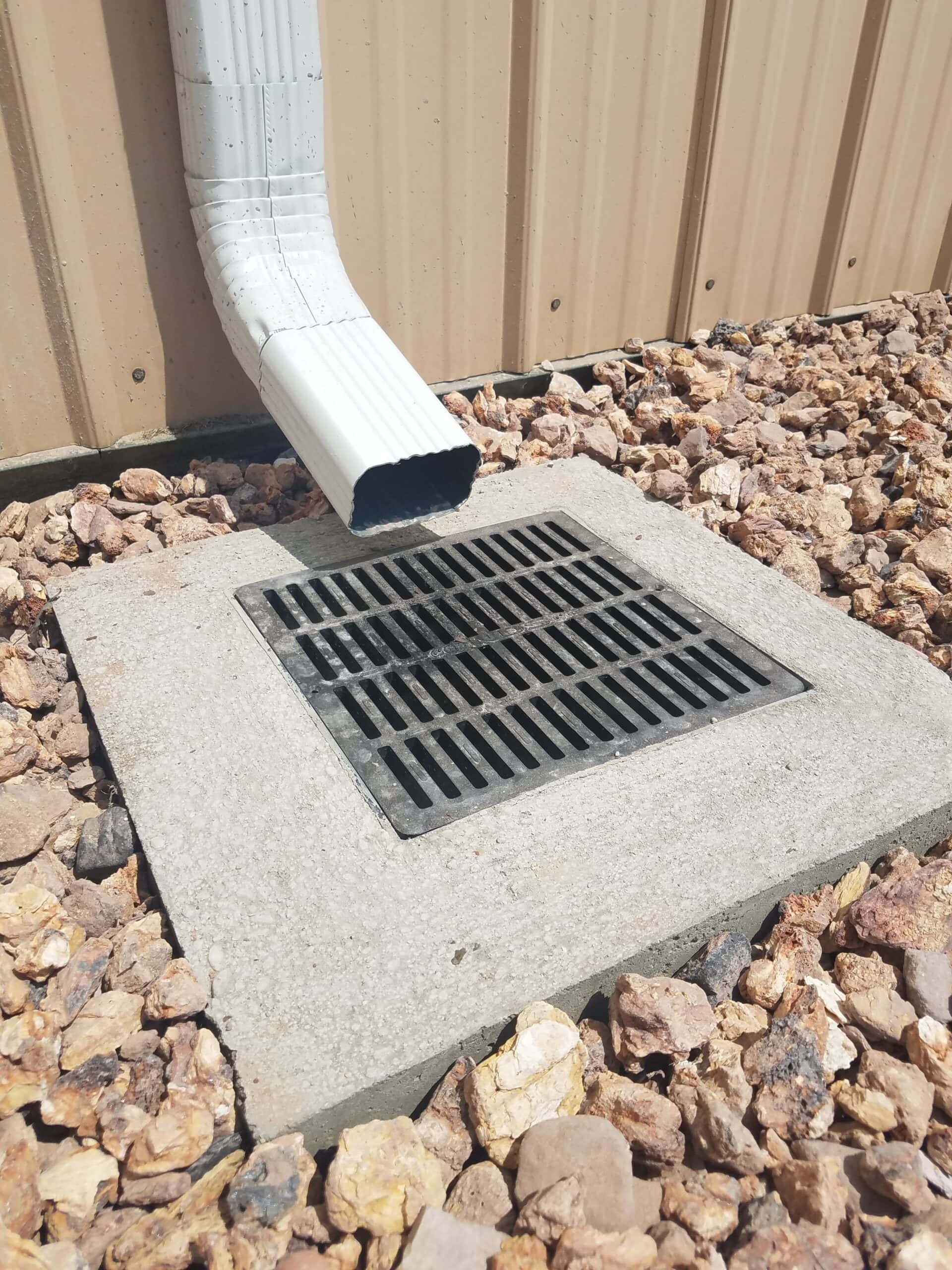
Applications
What can I use a catch basin for?
Catch basin applications can range from smaller projects, such as home or residential to larger heavy-duty designs often used in Industrial installations.
Typical Utilization
Sizes
What size catch basin do I need?
This is a question that gets asked often. The size of a catch basin is mainly determined by the amount of water runoff that needs to be drained away from the area. If the area is high flow, then a larger basin would be suitable due to its high drainage capacity. If the area gets minimal stormwater that needs to be drained, then a 9″, 12″, or 18″ wide catch basin could work.
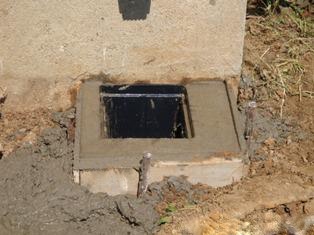
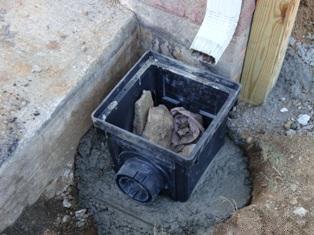
Installation Methods
How do I install a catch Basin?
There are several ways to install a catch basin drainage system. This type of stormwater management is often (but not limited to) use in a residential downspout setting. It is standard practice to encase the basins within concrete. This method increases the strength, anchors the drainage product, and reduces “floating”.
- Single Pour : involves setting a catch basin in a form and making a single concrete pour to form the casing.
- Double Pour : The first pour is made around the sump basin to stabilize it; the second pour, made after the first has hardened
Features
Catch basins come in either a round or square shape, variable sizes, usually plastic or concrete for larger projects, and grating options from simple to decorative.
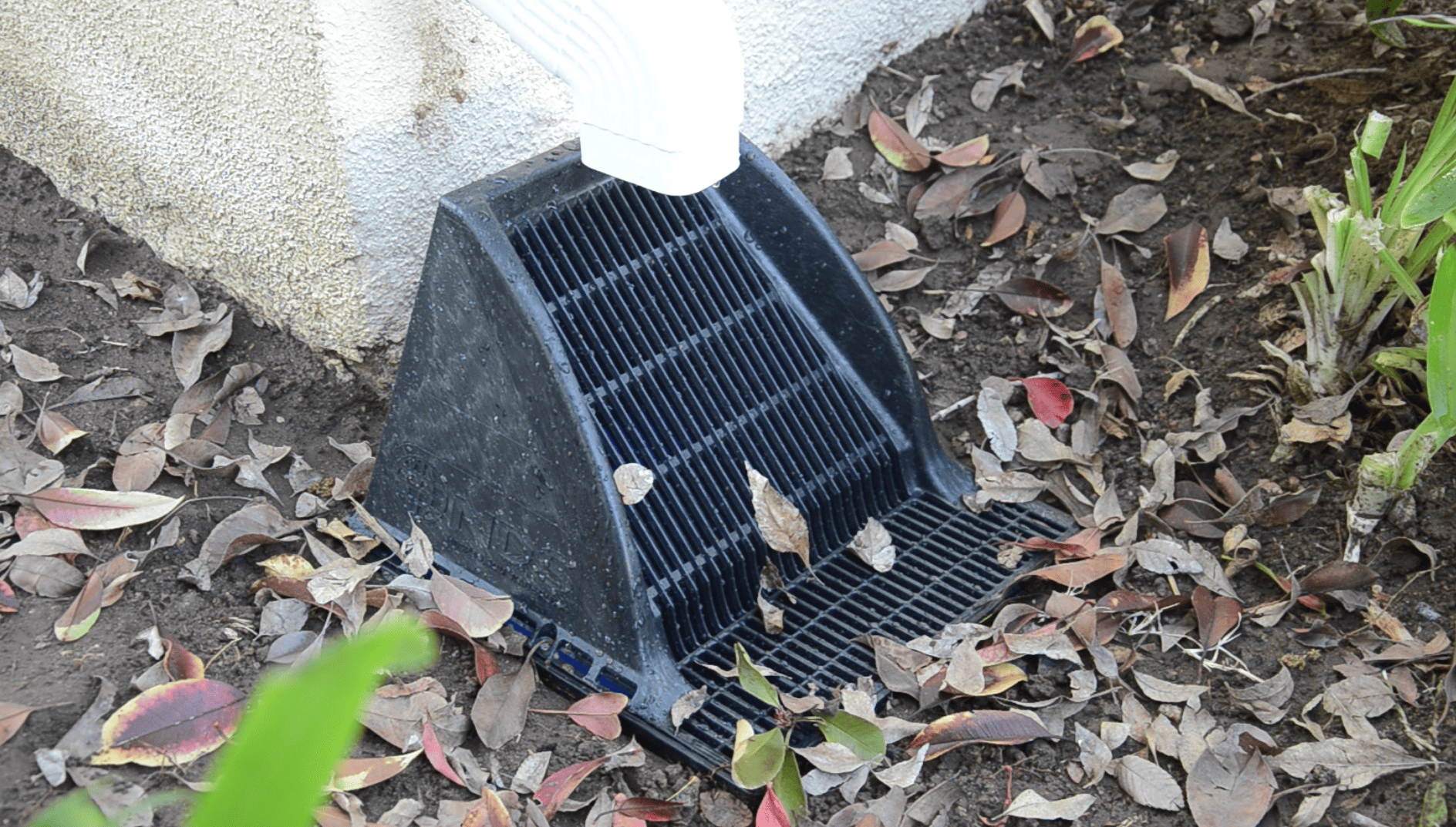
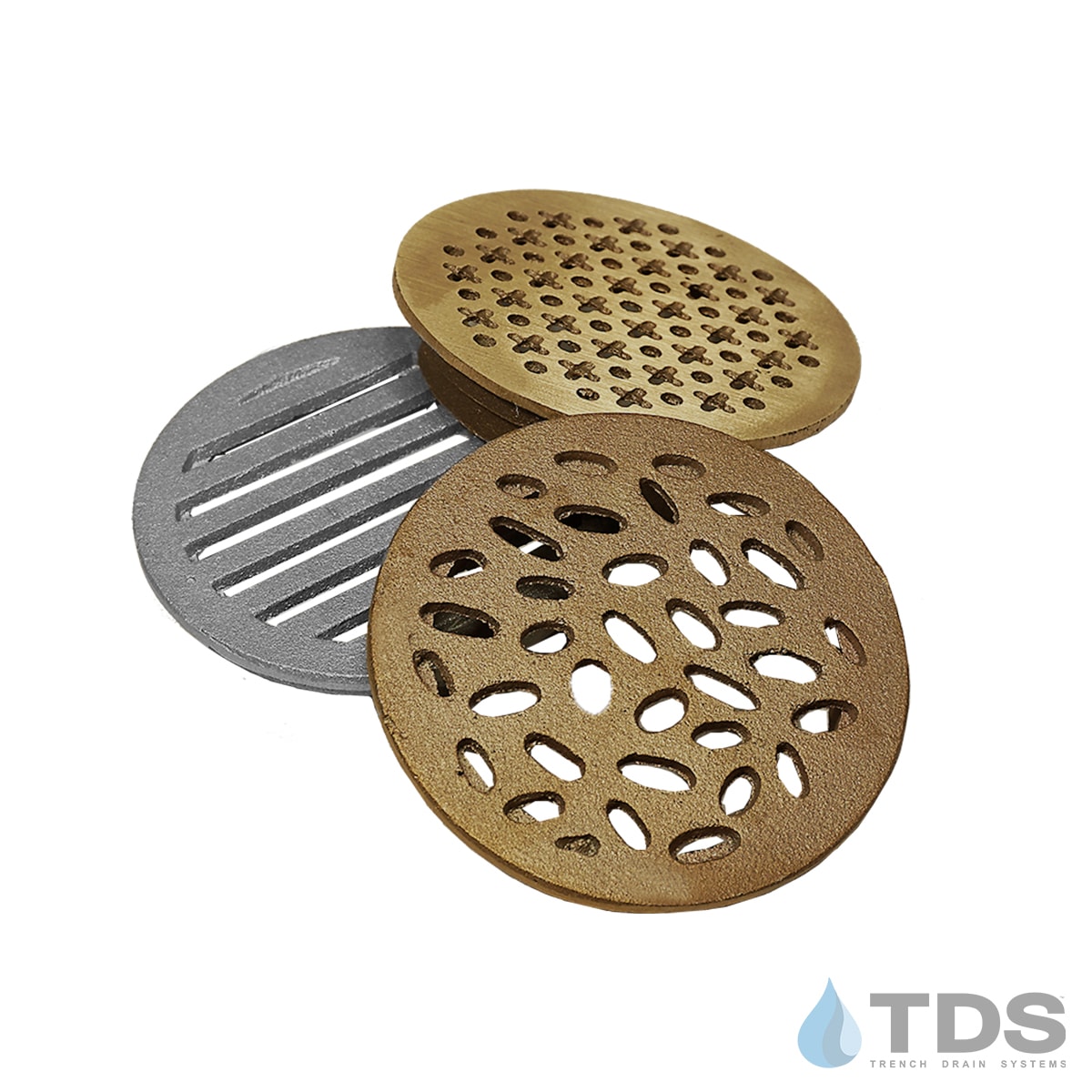
Trench Drain Systems is one of the largest distributors in the United States who are committed to providing you with quick solutions to all your surface water runoff problems. Our professional staff can assess your project requirements and quickly offer you competitive pricing and information regarding the products you need. Contact us for a free quote or for further information on drainage solutions visit TrenchDrain.com or DrainageKits.com.
Phone: 610-882-3630
Email: [email protected]
Click here for a fast and free quote!


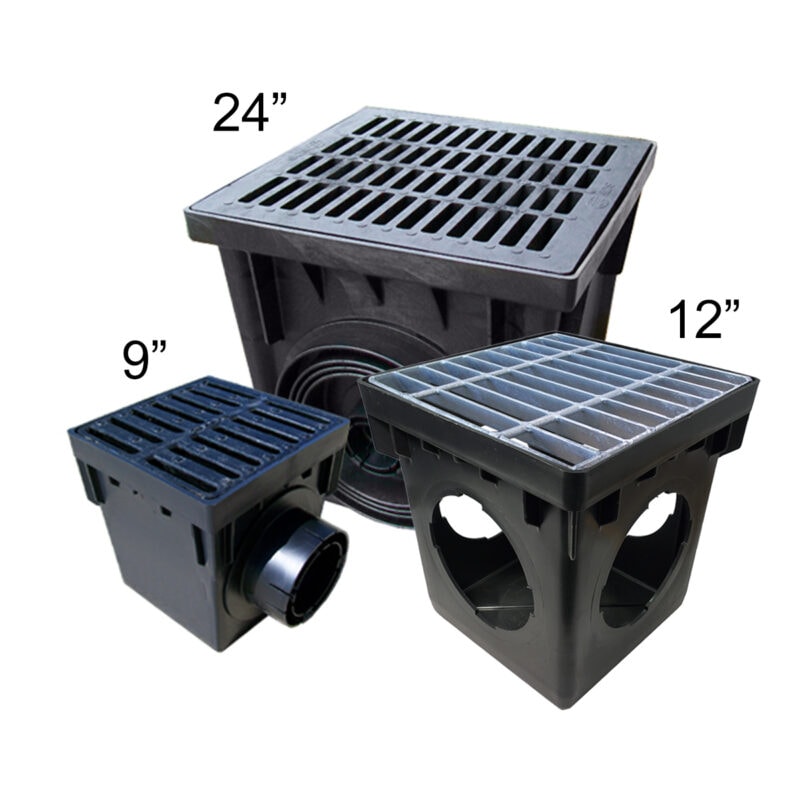
Pingback: Horse Barn Drain Installation – Econodrain #4 | Trench Drain Blog